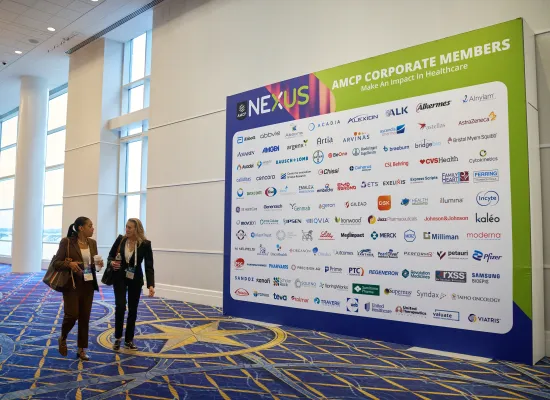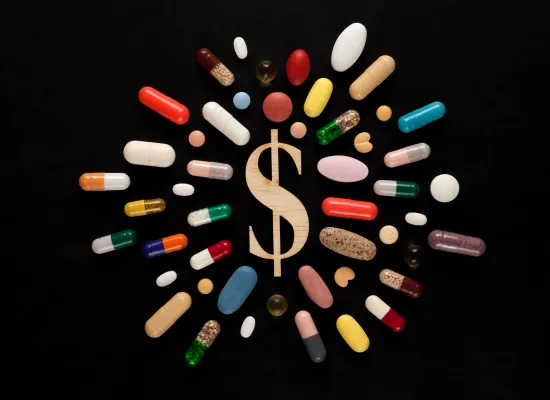
When Can We Expect to Feel Normal?
At the beginning of a new year, it’s standard to feel optimistic and hopeful. But 2021 promises to be another far-from-normal year. In last Monday’s Washington Post, author Page Winfield Cunningham asks eight health experts when 2021 will feel normal. On the optimistic side of the answer spectrum, a couple of experts predicted that by spring or summer, things might start to feel more ordinary. Other experts didn’t think that a return to normal would come until 2022. And a few people noted that the world will never be able to go back fully to the way things were before the COVID-19 pandemic.
Kimberly Powers, an associate professor of epidemiology at the University of North Carolina at Chapel Hill, was among the experts consulted for the article. She says: “I expect daily life to feel more normal by sometime this summer, but I think it will be 2022 before some mitigation measures can be fully relaxed. And I expect that our society will feel ongoing consequences of this pandemic — physical, mental, emotional, and economic — for years to come.”
Like Powers, I believe we will feel the pandemic’s consequences for years. While I am hopeful for the year ahead, I am stricken by the U.S. COVID-19 death toll, which recently surpassed 350,000. And I am concerned to see virus rates continuing to rise. On the other hand, governments have started distributing COVID-19 vaccines, giving us a glimmer of hope.
Looking Ahead
To stay on the right track and engender optimism across the country, it is vital that immunizations be allocated and distributed safely and effectively. Last year, AMCP joined with 15 other organizations to form the Pharmaceutical Supply and Payment Chain Coalition, and last fall the Coalition released “Guiding Principles for Safe and Efficacious COVID-19 Vaccine Development, Distribution, Allocation, and Mass Immunization.”
Last month, the Coalition sent its Guiding Principles along with a letter to U.S. Senate and House leaders urging supplemental appropriations to cover operations related to the cost of planning, preparing for, distributing, and facilitation administration of COVID-19 vaccines. The COVID-19 Relief Bill, signed into law in late December, includes $20 billion for vaccine procurement and $9 billion for vaccine distribution.
The U.S. Centers for Disease Control and Prevention are reporting that, at this time, more than 10 million people have received the first vaccine dose. In the days and months to come, we must continue to educate people about the vaccines’ benefits. Consider this principle from the “Guiding Principles” document:
“Vaccination for the prevention and management of infectious disease, including COVID-19, is a core health service that should be prioritized and promoted. Achieving high COVID-19 vaccinations rates will require minimizing vaccine hesitancy and misinformation and ensuring vaccines are administered properly and in accordance with national clinical guidance. Health care professionals, including pharmacists, will be relied on to provide patient education about vaccine options and safety, and manage patients with complex health care conditions…”
AMCP further explores COVID-19 and its implications on health care in its premiere episode of the AMCP Podcast Series powered by PopHealth Week. At AMCP, we are dedicated to improving patient outcomes while controlling health care costs. It is a broad mission, and conversations like those on this podcast are an essential part. For our first episode, we welcome Chris Jennings, a health policy veteran, with more than 30 years working in the White House, Congress, and the private sector. Check out what Chris has to say about the state of health care in the United States. Find out more about the AMCP Podcast Series powered by PopHealth Week, including sponsorship and advertising information.
I remain inspired by the work of AMCP members and partners helping patients get the medications they need at a cost they can afford, while also navigating the myriad health care and business challenges that COVID-19 presents. Thank you for your ongoing commitment to managed care pharmacy.
Featured News & Resources
See Full CalendarAward Applications Open
AMCP eLearning Day: Nexus Encore
AMCP 2026 Registration Opens
Upcoming Events
AMCP offers a wide variety of educational opportunities, from events and webinars to online training.







